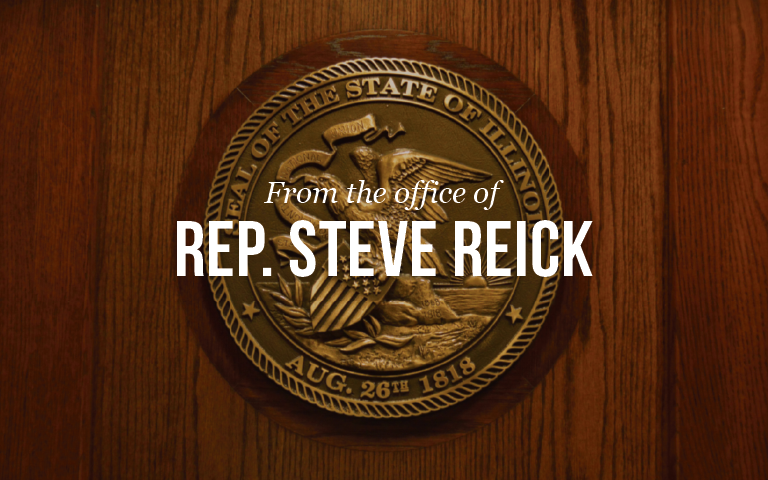In April, I was appointed to be a representative of the House Republican caucus on an “Agreed Bill Committee” which is a device used by labor and the business community during negotiations over the critical issue of Unemployment Insurance. By that process, business and labor agree that they will not propose legislation dealing with tax increases or benefit cuts to the unemployment system until both sides have fully negotiated a settlement of the issue. It would then be my role, along with the other members of the Committee to put its stamp of approval on the agreement and work to pass the legislation through the House.
In an April 23rd letter from representatives of the business community, it was said:
“Because of the pandemic, Illinois’ UI Trust Fund has a deficit of unprecedented levels. Due to the need to borrow funds from the federal government to pay benefits, Illinois’ General Fund is once again faced with the very real possibility of having to pay tens of millions of dollars year-after-year to pay interest penalties absent an agreement.”
The letter from the business representatives went on to say:
“(Previously) Illinois has avoided having to dip into general revenue funds to pay interest as required by federal law because business and labor have always come to closure to solve the problem.”
Interest began to accrue on this deficit on September 1, and as of November 1, Illinois had accrued almost $9 million in interest on the $4.4 billion that the state is obligated to repay, and that amount is growing by nearly $300,000 per day.
Illinois received over $8 billion in American Rescue Plan Act (ARPA) funds from the federal government. On May 17, the U.S. Department of the Treasury released guidance specifying that states could use ARPA money to restore their unemployment funds to pre-pandemic levels, and many states did just that. The Governor put a crowbar in the state’s wallet and committed $100 million.
Under current law, the Unemployment Insurance Act (UI Act) has a series of pre-programmed tax increases and benefit cuts which were set to take effect on December 31, 2021. These statutory changes are described as “speed bumps,” and are incentives to maintain the integrity of the agreed-bill process by imposing pains and penalties on business and labor to keep them at the negotiating table.
In a telephone conference prior to the just concluded Veto Session, business and labor agreed to postpone the “speed bumps” until July 3rd, 2022, which means that by then an additional $73 million of interest will come due, to be paid by taxpayers out of the General Revenue Fund, with no guarantee that the date won’t be extended even further. Even if the $100 million the Governor allocated from the ARPA money to the fund could be used to pay the interest, it would barely cover the amount due. The extension was passed during Veto Session as part of H.B. 594. I was one of the two “No” votes on that bill.
What’s really going on here is that the Governor is slow-walking the state’s obligation to repay its debt to the Federal government at a cost to you of $300,000 per day. He’s doing it with the hope and expectation that the Feds will turn around and forgive the debt without using ARPA funds to do so. In the meantime, the Governor will not tell us how much of the $8 billion we got in ARPA funding is left and what’s being done with it. Any money he’s using to prop up programs funded by General Revenue will then become part of the next budget year’s baseline. It’ll be the gift that keeps on giving, at your expense.
I could not in good conscience lend my support to a process which should have been completed months ago without additional cost to Illinois taxpayers. I’ve had private conversations with members on the other side of the aisle who agree with me but won’t go against the Governor. Since I have no say in the actual negotiations and my continued involvement with the Committee would imply my agreement with the outcome, I’ve sent a letter to the House Republican leader requesting my removal from the Agreed Bill Committee.
